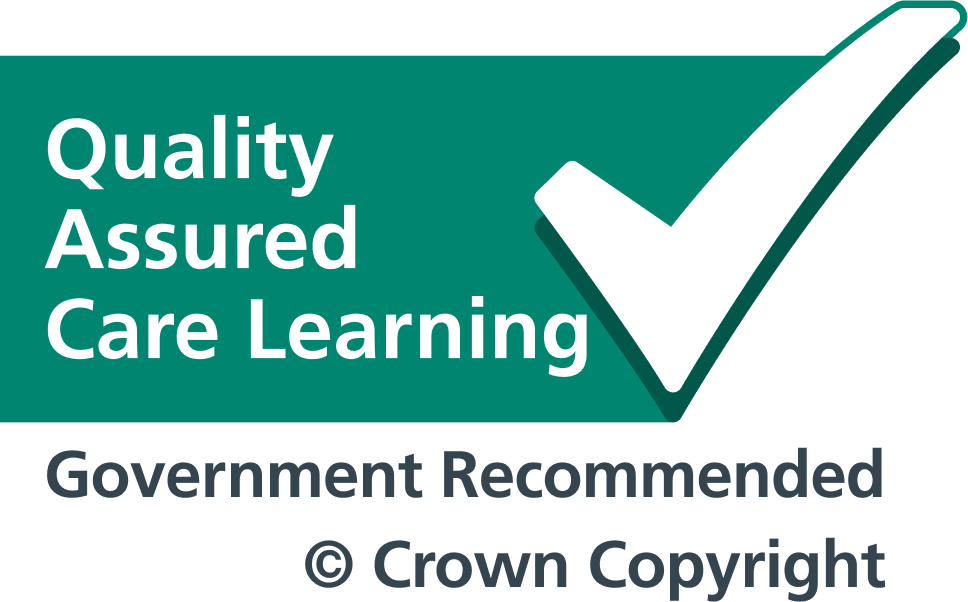Positive Behaviour Support: Practitioner
To find out more please contact us on 0121 415 6960, or submit our online form here.
Find out more about Bild's upcoming Open Programmes here

This course is eligible for funding from the DHSC's Learning and Development Support Scheme (LDSS).
More information here
Members get 10% off our workforce development programmes.
Find out more about membership here
Stay up to date with the latest Bild and PBS news by subscribing to our mailing list.
Programme details
This two day programme will introduce the key components of Positive Behaviour Support (PBS) and the values and science that underpin it. The potential causes and function of behaviours of concern will be covered as well as the impact of personal attitudes, values and beliefs on the quality of support that is offered.
Aim of the course
This programme covers the essential knowledge needed by anyone who provides direct support and implements behaviour support strategies or a behaviour support plan. Participants will explore the purpose and essential elements of a behaviour support plan, including proactive strategies such as teaching new skills as well as reactive strategies and learn what they need to do to support functional assessments.
Course Programme
Day one:
- The values base of PBS and personal values
- Person centred working - planning and action
- Providing supportive, capable environments
- Supporting a functional assessment
Day two:
- Implementing behaviour support plans
- Teaching new skills
- Using reactive strategies
- Putting it into practice
Learning outcomes
On completing this programme participants should have an understanding of the following:
- Be able to describe the value base underpinning good quality services and how they are reflected in the PBS framework
- Have developed a basic understanding of the history of people with learning disabilities and the principles of social role valorisation, normalisation, inclusion, person centred planning and action, and the relationship between PBS and Applied Behaviour Analysis
- Recognise that personal values and attributions can influence the type of support given
- Describe the range of needs a person may have. Be able to explain why it is important to know the individual person and be able to describe how to turn this knowledge into action that improves the quality of life for the person
- Describe the factors that influence a capable and supportive environment
- Explain the difference between an enabling model of support and a hotel model of care
- Understand their role and responsibilities in relation to supporting functional assessment
- Understand the purpose of data collection and why it is important to describe and record behaviour accurately
- Be able to explain the role and purpose of Behaviour Support Plans and describe each essential element of a Behaviour Support Plan
- Be familiar with the stages of the arousal cycle
- Understand the importance of supporting individual communication and teaching new skills to people and be able to describe a range of techniques to do this
- Have developed an understanding of the difference between restrictive and non restrictive strategies, when to use them and be clear about when a response is aversive
Continuous Professional Development (CPD)
This training has been CPD Certified. Attendance will allow you to gain CPD points towards your Continuous Professional Development requirements.
